Which Books Should You Be Buying this Week?
Your digest of the newspapers' book reviews April 8/9
Hello! Happy Easter! You’ll notice your Sunday night digest is arriving on a bank holiday Monday this week as I gave myself the weekend off, well from writing, not reading.
I wondered if I might pause to mention here now that I’ve been writing these reviews of the weekend’s papers for nearly six months now, and ask for a little feedback. I think you are enjoying reading these digests (I enjoy writing them), but they are rather time consuming and take quite a few hours out of my weekend and actually, if I’m honest, rarely equal any purchases. I’d be interested to receive any feedback from you if you would be so kind, perhaps I’m not featuring books that are interesting? Perhaps there are too few, too many? Perhaps you only want paperbacks and not hardbacks? Do I write too much, or not enough? Do let me know – your feedback would be very much appreciated.
And so, let’s get on with this week’s reviews. I was really moved by an extract in The Guardian’s Saturday Review of our first book THE ARCHAEOLOGY OF LOSS. Regular readers might know that I spent much of the last year writing about death for the final book by Wendy Mitchell and myself which will be published this Summer, and so this extract piqued my interest and the words kept it.
Sarah Tarlow has dedicated her professional life to the study of death and how we grieve, and yet when her husband was diagnosed with a progressive illness, she had to face death up close and this time, personal, when he ended his life one night while she and their children were away from home.
“The police officer who arrived that May morning needed me to identify the body. ‘Can you confirm that this man was Mark Pluciennik, your husband?’” Tarlow writes. "I knew this body so well, and yet it was so altered. It was not Mark, not really. It is just a kind of armature of him. As the illness progressed, layers of Mark came away. The joy and humour eroded, his thoughtful intelligence contracted to a kind of brutal core. Next, his physical vitality seeped out of him, and then, finally, all that survived was this pared-down essence. Just pain, and love and courage. And, now, not even that. Just memories. Stories.”
And with that she tries to tell the story, and finds, as her husband had once said to her: “the way we interpret and present the past… depends on sewing together the scraps that we have...”
I found this extract compelling, Tarlow seems to nudge closer in her prose to that thing we will all experience, death, the only thing in life that is a one hundred per cent certainty, and yet that which we often fail to fully commit to words. Why? For fear of tempting fate? For fear of upsetting someone – ourselves? Perhaps accounts like Tarlow’s in fact give us a path in our minds to follow when the time comes for each of us, they prepare us not for pain, but the peace of it.
It also has a beautiful cover, and you know I’m a sucker for that. You can read the extract here, and buy THE ARCHAEOLOGY OF LOSS here.
Next up, more non-fiction, and this time from international bestseller, Leïla Slimani. I love her pared-back style and have read two of her previous books, LULLABY and ADÈLE, but this one, THE SCENT OF FLOWERS AT NIGHT is another non-fiction outing for her.
Slimani was invited by the Punta della Dogana Museum in Venice to spend a night alone in the museum among the art works, and the thoughts that come out of that night of wandering from dusk til dawn by way of Slimani’s prose are both curious and electrifying.
Lucy Ellmann reviewing for The Telegraph said: “This book is an engaging meditation on literature, death (which Arabs, she says, regard as ever-imminent), deracination and tourism. ‘I wonder if Notre-Dame took her own life’; the cathedral was sick of being stared at. And it’s honest. Slimani didn’t grow up in a harem, she confesses; her upbringing was liberal. But as a girl living in Morocco, she was still constrained. ‘Raised like an indoor cat’, she mostly stayed at home, reading. ‘Alone and barefoot’ in Venice’s former customs house, reconstituted as a venue for contemporary artworks, she admits to an ambivalence about art… Though she herself is temporarily imprisoned, her mind is free to wander and the book becomes its own exercise in conceptual art, mainly dwelling, with a hint of self-aggrandisement, on what it means to be a writer.”
Ellmann describes this as a ‘quieter’ book to her violent debut (at least on these shores) LULLABY: “the violence here is that of governments, in their persecution of immigrants, ‘forbidden from travelling, prevented from leaving’…”
Many of us would gladly go where Slimani leads, and if that is through an empty museum at night, so be it. You can by THE SCENT OF FLOWERS AT NIGHT here.
More non-fiction now, in fact, I make no apologies for the non-fiction and had to force myself to squeeze in some fiction for you right at the end. Kathryn Hughes was reviewing Elizabeth Day’s new book FRIENDAHOLIC for The Guardian.
Hughes describes it as a ‘candid examination of the difference between being good at friendships and being a good friend’. I mean, friends, we all have them right? But apparently Day insists that she is a friendaholic, addicted to gaining, maintaining and then often letting them drain her. When, she wonders do you let a friendship go, even when it is no longer ‘sparking joy’ as Marie Kondo might say? That will be a question we’ve all asked ourselves at times in our lives, do we hang on to friends for nostalgia? Are the number of childhood friends we’re still in contact with some kind of yardstick of what a good person we are, someone who decades later few are willing to let go?
“Day explains in this admirably candid and well-crafted book, there is nothing more soul-sapping than clinging to a friendship with someone just because 20 years earlier you sweated in the same spin class,” writes Hughes. “Yet you persist with the friendship, driven by the belief that letting it fade would be pretty much a crime against humanity. Less melodramatically, it would also show you up to be the things that you’ve always fought so hard not to be: fickle, unreliable, selfish and, most of all, alone. What, though, could be more selfish than hoarding bad friendships? It means that you have less energy and time for the people you want to be with, the ones who deserve you.”
I remember how my own relationship with friendships has changed, in my thirties I always thought ‘the more the merrier’ on a night out, inviting along even random people I met on the tube on my way to a party. In my mid-forties the thought of large crowds and a room packed with people makes me shudder, and none of my bestfriends live in the same town as me, hell my bestest of all bestfriends doesn’t even live in the same country!
Hughes writes that Day has done her research on the topic: “Apparently having four to five close friends is ideal,” writes Hughes. “If you have more than seven then you are likely to suffer exhaustion from trying to juggle everyone’s needs. Studies also tell us that we replace half of our friends every seven years. This pruning is natural, healthy and necessary.”
This makes me feel much better, I don’t know about you. But it must strike a cord with others too because this book entered the Sunday Times Bestsellers list at number one this weekend. So if you would like to buy FRIENDAHOLIC, you can do so right here.
Hadley Freeman’s family memoir HOUSE OF GLASS received rave reviews and was another Sunday Times Bestseller on publication, and now the Sunday Times columnist is back with another book, GOOD GIRLS.
Where Hadley mined her family history for HOUSE OF GLASS, this time she’s turned her attention inwardly, and commits to the page her journey with anorexia which, although not for the faint-hearted, the reviews promise Freeman makes not only with aplomb but some humour too.
Reviewing in The Times, Suzanne Sullivan declared that this ‘strikingly honest memoir helps to shed light on why there is a mental health crisis engulfing young women.’
Freeman does this by walking the reader through her own story of numerous teenage hospitalisations with anorexia. She tells how the eating disorder started and later spun out of control after a seemingly innocuous comment from a school friend with skinny legs about Freeman’s ‘normal’ legs, though she admits it was always a ticking time bomb inside of her.
“Using accounts of her experience and those of other young women and discussions with experts in the field, GOOD GIRLS clarifies that anorexia is not an extreme diet, but a way of seizing control and limiting your world to something manageable,” writes Sullivan.
“Femininity is passivity: you are observed, you are judged, you are chosen,” writes Freeman and this is where this books widens itself out to looking at the same triggers that young women today might be experiencing and how those manifest in their own bodies. Freeman may be free of her eating disorder now and credits becoming a mother with putting her on the right journey to remedying her relationship with her body, but there is still much to learn and now about how young women deal with the changes that come with puberty.
“I learnt a great deal from this book and I don’t think it should be read only as a study of anorexia,” writes Sullivan. “We are in the midst of a mental health crisis among young women. Anxiety, self-harm and depression have escalated in this group more than in any other. In my clinical work [Sullivan is a neurologist] I see patients with serious psychosomatic disorders manifesting as seizures so frequent and violent that prolonged time in hospital is required. Most of my patients are young women and they have a great deal in common with what Freeman describes in GOOD GIRLS… [this book] offers an insight into the unique struggle of adolescent girls in an era when they are told they can be anything – as long as they never stop being pleasing and pretty too.”
You can buy GOOD GIRLS here.
Finally some fiction, Han Kang won the International Booker Prize with her novel, THE VEGETARIAN, and now the South Korean’s 2011 novel GREEK LESSONS has been translated into English for the first time.
This is the second time today that I’ve mentioned translated works (Sam Taylor translates Slimani’s work from French), but GREEK LESSONS had the pleasure of being translated by two women, Deborah Smith and Emily Yae Won – I wonder what that shared process was like). Anyway, back to the book itself, reviewed in The Observer this weekend, this novel explores how a teacher losing his sight and a pupil losing her voice form a poetic bond.
“GREEK LESSONS is an extraordinary and dense novel that offers up new depths on each reading. It is short – 160 pages – which means you can read and reread it in a day if you want to,” writes Em Strang reviewing. “I have a soft spot for short novels – their intensity, their skill in delivering something sharp and true in a few breaths – but the bias is irrelevant because it does what all good novels do: it invites the reader into a world that reaches well beyond the confines of its pages.”
The novel is narrated by a man and a woman, both facing loss in their varying ways, but it is when the woman attends the man’s Greek lessons at a private academy that their lives starts to entwine.
“There are also similarities between the female character in GREEK LESSONS and Kang’s International Booker prize-winning novel THE VEGETARIAN. The women are broken, furious, violated, overwhelmed and isolated. In GREEK LESSONS, the female character is ‘unsure if it was OK for her to exist in this world’, which is why the third-person point of view is so fitting: “She just didn’t like taking up space. Everyone occupies a certain amount of physical space according to their body mass, but voice travels far beyond that. She had no wish to disseminate herself.’ All I can say is, thank goodness Han Kang’s literary voice takes up space in the world in the way her female characters struggle to.”
You can buy GREEK LESSONS here.
One last mention and that must go to YOUNG MUNGO, the younger sibling in book terms of Douglas Stuart’s SHUGGIE BAIN. It is now out in paperback and here’s what The Telegraph had to say about it.
“Glasgow tenements, alcoholic mother, gay son: Stuart’s follow up to SHUGGIE BAIN has a lot in common with his Booker-winning debut. But this time, it’s a romance – albeit one cut with the same grit and violence.”
If you loved SHUGGIE BAIN, you’ll be wanting to buy YOUNG MUNGO here.
• There are various ways that you can support THE BOOK ROOM while I wait to find a place to reopen my physical shop. Firstly, you can buy a gift subscription for £5 a month, which not only shows your appreciation of my writing, but grants you 10% off purchases in my online shop with your own unique discount code.
You can also order from THE BOOK ROOM, you might not find something you want here in this newsletter, or even in the online shop itself, but you can send me a CUSTOM ORDER and I can usually get any book to you within 48 hours.
You also might be interested in joining one of THE BOOK ROOM’S WRITING RETREATS. Places are booking up on our next three author-led retreats and I’m thrilled that we are hosting incredible authors like Victoria Smith, Jennifer Saint and Monique Roffey. Find out more about each retreat and book here.
And if you haven’t got any money and you still want to support, then sharing this newsletter might persuade some others to sign up as subscribers or buy a book themselves!





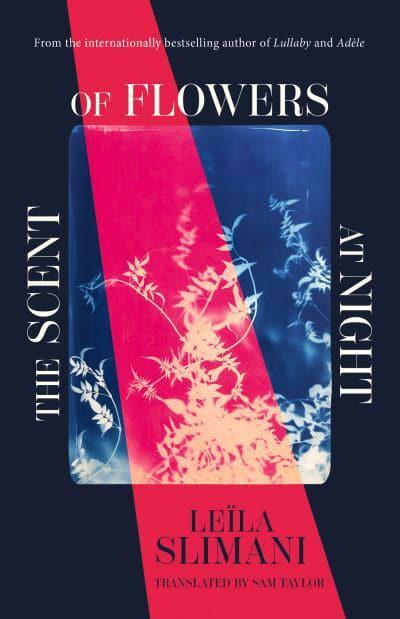
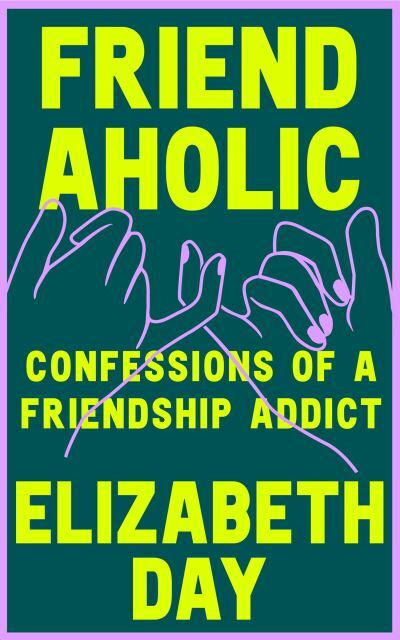
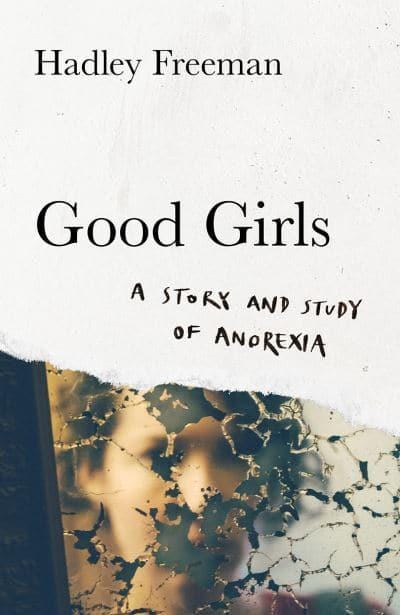
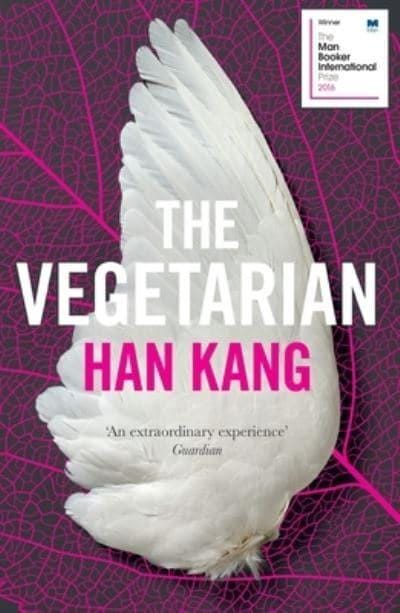
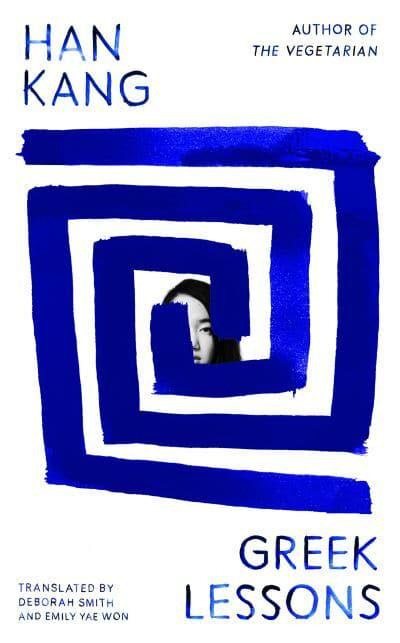
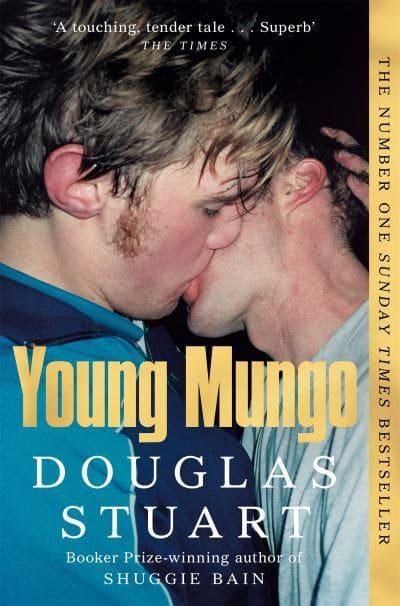
Hi Anna, Anita here. Yes, your reviews are always interesting and great to read. You make excellent choices, too. I find they are a good way of keeping up to speed with what's out there, and what's new. I can tell you spend a great deal of time writing them, and I wish I knew how to make them translate to sales! That would be the magic bullet. All I would say that, as someone who likes to buy books, I tend to know in advance what I want, and rarely make impulsive decisions. I credit you with sparking an interest in me for Deborah Levy—I have not bought or read any of her yet, although I do intend to in the future. However, I have enough books to keep me occupied for the time being, so I will hold off until I'm ready to devote myself to Deborah, which I am looking forward to. That tends to be how I buy books. Breaking the Amazon habit also means that I buy fewer, and more wisely. I used to be a sucker for the 3 for 2 deals that were popular in the big-name stores a few years back, too. But that doesn't appeal to me any more. And if I develop a new obsession, as I have done for Maria Enriquez, I will buy ALL her output, no matter what—from you, of course!
Hi Anna, I enjoy your reviews and your writing style is terrific but I'm not so fond of modern novels and so rarely buy any. I realise this is a sweeping dismissal and must seem extremely prudish but I just don't like to come across profanity or crudeness, nor supernatural themes or modern attitudes to morality, and as time is precious so I stick to what I feel I can trust will not lead to disappointment, which tend to be older titles. I guess that in reading I am looking to be transported in some way, to be moved or caught up in a story, the places and the characters. Not sure this helps or encourages but in my 65th year I increasingly feel I'm from another time myself and I guess that as the landscape becomes less recognisable so the bygone will go on increasing in charm.